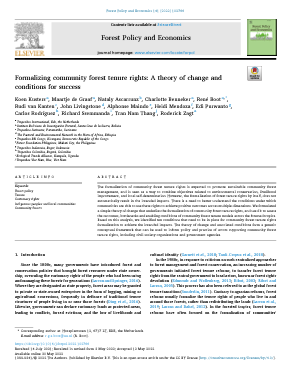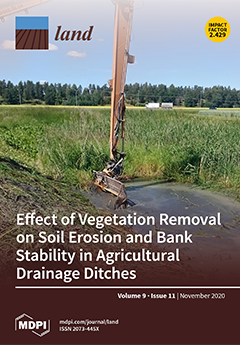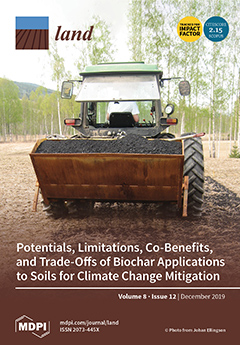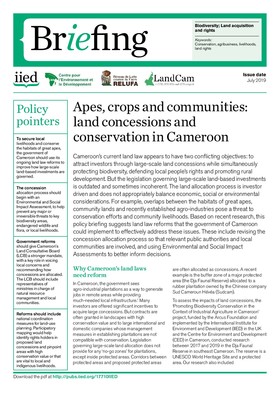The issue of equal access of citizens to land remains a concern of public authorities to respond to issues related to household food security, especially in rural areas. Along the way, a legal and regulatory framework has been developed to give substan...
Vulnerability And Access To Land In The Commune Of Diama








